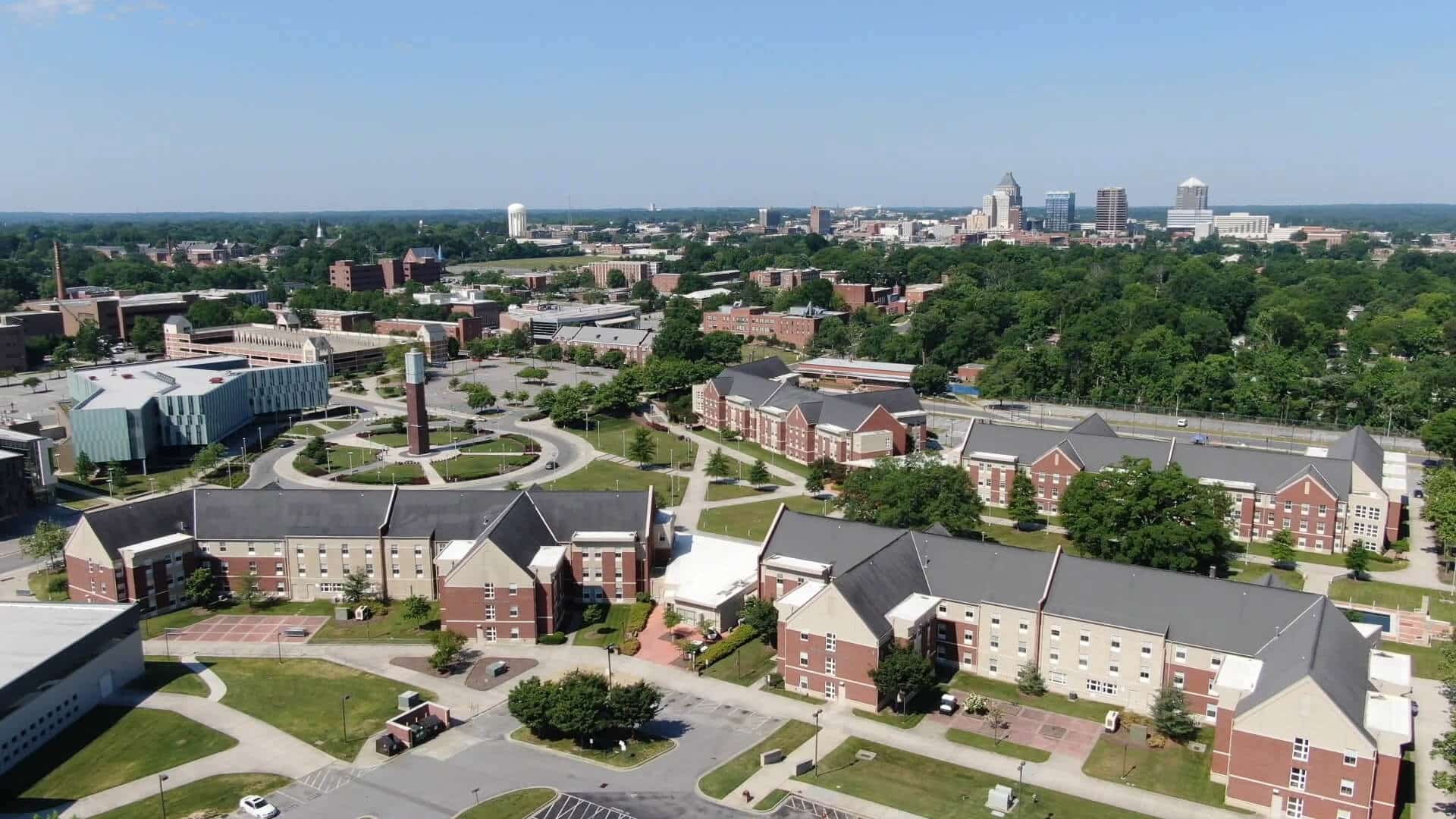North Carolina Agricultural and Technical State University’s (N.C. A&T) College of Agriculture and Environmental Sciences (CAES) is set to receive a significant boost in funding with nearly $2 million from the U.S. Department of Agriculture’s National Institute of Food and Agriculture. This funding will support six projects aimed at testing environmentally friendly growing techniques, improving educational training on food allergies, strengthening nutritional science programs, and more.
The USDA recently announced its plan to invest over $33 million to support capacity-building programs at the nation’s 1890 land-grant institutions. Among these institutions, N.C. A&T’s College of Agriculture stands out as the largest and most prominent, being the top producer of diverse agriculture and environmental science majors in the country. This recognition highlights the university’s commitment to agricultural research and education within the historically Black college and university (HBCU) community.
According to Agriculture Deputy Secretary Xochitl Torres Small, the USDA expects these projects to deliver practical and applicable solutions to enhance the food system’s strength. Simultaneously, they aim to inspire the next generation of students and scientists to tackle future challenges in agriculture.
The six projects at N.C. A&T’s CAES will span research and Cooperative Extension divisions and are slated to begin this fall. Let’s take a closer look at each of these projects and their potential impact:
- Biodegradable Mulches in Commercial Vegetable Production: Led by Mark Blevins, Ed.D., this study will explore biodegradable mulches as a more environmentally friendly alternative to plastic mulch in commercial vegetable production. This research can potentially reduce plastic waste and contribute to sustainable agriculture practices.
- Creating a Pipeline for Diverse Workforce in Food and Nutritional Sciences: Roberta Claro da Silva, Ph.D., will lead a project aimed at creating a pipeline for graduate study and a diverse workforce in food and nutritional sciences. Addressing the industry’s need for well-prepared minority graduates will help foster inclusivity and expertise in the field.
- Developing Plant-Based Surimi (Minced) Seafood: Reza Tahergorabi, Ph.D., will lead students in conducting plant-based food research to develop plant-based surimi seafood. This initiative aligns with the growing demand for plant-based alternatives and sustainable seafood options.
- Food Allergies and Immunology Education: Leonard Williams, Ph.D., will develop courses to familiarize food and agricultural sciences students with food allergies and immunology principles. This will enhance food safety research strategies, including desensitization to allergy-producing foods, contributing to improved public health.
- Enhancing Students’ Skills and Cultural Competencies: Meeshay Williams-Wheeler, Ph.D., aims to increase the number of students enrolled in department programs while fostering communication, critical thinking, interpersonal, and problem-solving skills, along with cultural competencies. These skills are crucial for students’ success in the industry and beyond.
- Natural Alternatives to Antibiotics in Livestock Feed: Jianmei Yu, Ph.D., will focus on developing a safe, natural alternative to antibiotics in livestock feed. This research has the potential to promote sustainable livestock practices while addressing concerns related to antibiotic resistance.
The impact of these projects extends beyond the university campus. Mohamed Ahmedna, Ph.D., the CAES dean, expressed his gratitude to the USDA for their investment, emphasizing that the knowledge and understanding gained from these projects will benefit the nation’s food systems and improve the preparedness and diversity of the workforce.
This funding comes shortly after the USDA’s $18.1 million grant to CAES as part of its “From Learning to Leading: Cultivating the Next Generation of Diverse Food and Agriculture Professionals (NEXTGEN)” initiative. The SAPLINGS project under NEXTGEN involves faculty and staff from every department of the CAES, along with specialists from Cooperative Extension at N.C. A&T.
Overall, these initiatives demonstrate N.C. A&T’s commitment to driving innovation and addressing critical challenges in agriculture and environmental sciences. As the nation’s leading producer of diverse agriculture and environmental science graduates, the university continues to play a pivotal role in shaping the future of the agricultural industry, making it more sustainable, inclusive, and resilient for generations to come.
Image provided by North Carolina Agricultural and Technical State University


